
Include an additional SELT question
News 17 MayStaff can include an additional question in the Student Evaluation of Learning and Teaching (SELT) survey for units that are offered in Term 2 (Foundation Studies) (202334).
27 April 2016
Share

When ACU students embark on community engagement programs in places like Cambodia, Thailand, Myanmar and Timor-Leste they can undergo life-changing experiences but at the same time can take on the trauma of the people they work with in communities who experience extreme poverty.
This is one component of a special resource kit which ACU has developed that helps staff deliver transformational learning while supporting the wellbeing of the students before, during and after their international experience.
The Three-by-Three Student Learning Model: International Community Engagement Resource Kit prepares students before they take off on their trip and outlines methods of debriefing, reflecting and counselling during and after their international community engagement experience.
Through these exercises students can gain increased capacities to understand the world through the eyes of people they are working with as well as a genuine understanding of the principles of social justice. It can help develop a new way of thinking and acting that can stay with them for the rest of their lives.
The resource kit has become extremely important this year in light of the high number of ACU students who are taking up international community engagement. In 2016, the number will be double that of the previous year.
The Three-by-Three Student Learning Model was developed by staff in the Faculty of Health Sciences and the Institute of Advancing Community Engagement (IACE). The model is based on extensive research into the literature and highlights three broad phases of transformational learning during international community engagement.
The first phase involves an experience that triggers disequilibrium as sights, sounds and situations challenge the person’s view of the world.
The second phase involves students critically assessing their frames of reference and what they thought they knew about the community, which have been challenged by their experiences. This phase can lead to new perspectives and learning.
The third and final phase is when real change occurs and students begin to think and act in a manner that reflects their new perspectives. This can have long-term effects in which the students will continue to develop as socially-minded individuals where community engagement becomes a way of life and supporting the dignity of each person becomes the core of their personal lives and future professional practice.
International community engagement and clinical placements may require students to deal with serious issues such as poverty, political instability, and poor health conditions which can challenge students emotionally and philosophically.
Vicarious trauma can disrupt a student’s overall view of the world and the people around them. The condition can accumulate over time through interactions with community members, and can be as debilitating as the primary trauma experienced by the people the students are working with.
That’s why it is important for ACU to look out for the wellbeing of students who visit developing countries, and support them before, during and after the project.
The resource kit contains structured activities and associated resources that support ACU staff in facilitating the learning and well-being of students involved with international community engagement. Each activity in the before, during, and after stages of the resource includes a clear rationale, facilitator instructions on how to run the activity, and information on how each activity supports the Three-by-Three model. It is envisioned that the Three-by-Three model will support ACU in developing students who have an understanding of social justice and the importance of serving the common good.
Click here to view the 3X3 International Student Community Engagement Resource.
Note: The Three-by-Three Resource was developed by Matthew Pink, Stephen Guinea, Katie Bunch, Youssef Taouk, Karen Nightingale, Karen Flowers, and Jenny Murphy

Staff can include an additional question in the Student Evaluation of Learning and Teaching (SELT) survey for units that are offered in Term 2 (Foundation Studies) (202334).

Read a summary of the Academic Board meeting held on 12 April 2023.

The university takes academic misconduct very seriously. For a student, receiving an academic misconduct allegation letter can be highly stressful. Support is available.

Read the latest on the MFA for Students rollout.

If you are considering applying for promotion, come along to an upcoming information session – Understanding the New Academic Promotions Process.

ACU Co-Lab is proud to unveil its latest commercialisation program, Translate to Innovate Series, a specialised program targeting ACU’s research community.
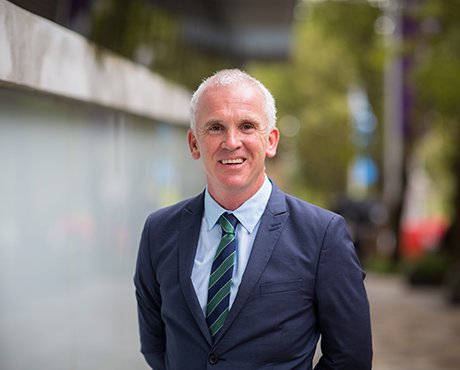
A message from Executive Dean of Theology and Philosophy Professor Dermot Nestor: Purpose is what defines a Catholic university and galvanises the people who work within it.

See the TechOne P2P work instruction videos and modern slavery training modules which have been created to help grow your understanding of the subject matter, your responsibilities and the processes i...

A recording of last week’s Global Learning Showcase is now available to view if you were unable to attend. See what you may have missed.

Do you implement innovative strategies in your teaching that motivate and inspire students to learn? Receive recognition for your efforts by applying for an ACU Citation or VC Teaching Award.

Promotion recognises and rewards an academic’s achievements at their current level of appointment that warrant promotion to the next academic level. This year’s round marks a significant shift in the ...

A message from Executive Dean of Law and Business Professor Andrew O’Neil: I am committed to ACU’s continued success, with a contribution that places a premium on impact and growth.

Stay informed on recent changes to the Procurement Policy, approvals for purchases, how to raise mandatory purchase orders and related knowledge base articles.
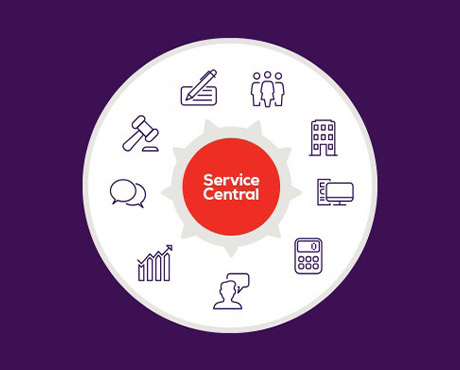
As of Monday 8 May, Service Central phone support hours have changed to 9am–5pm AEST. Live chat remains available between 9am–5pm AEST.
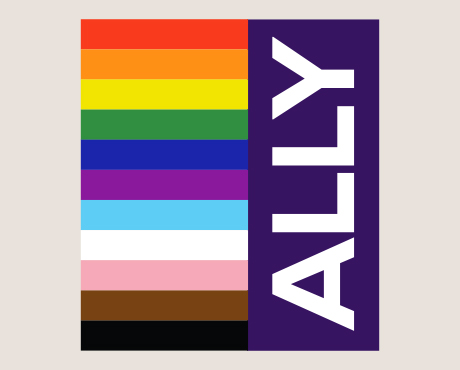
You’re invited to attend local morning or afternoon tea events at the following local campuses hosted by the ACU ALLY Network, with the support of the Campus Deans and campus LGBTIQA+ Student Societie...

ACU’s business incubator, Co-Lab is delighted to announce details of its 2023 Circular Economy Incubator Series, designed for people and businesses with principles and practices of circular economics...
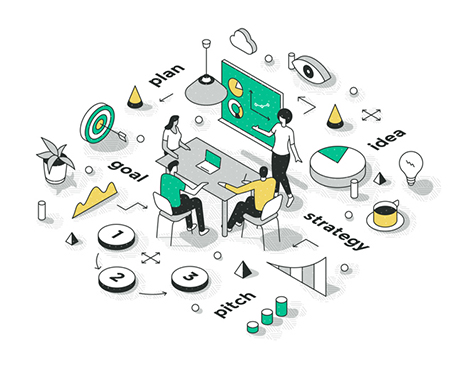
Do you have innovative ideas for program and curriculum development or initiatives to enhance student learning experiences that would benefit from funding? CEI has launched Teaching Development Grants...

Attend an online showcase to meet the Global Learning team, gain useful advice and find out how our various learning and engagement programs are developed and managed.
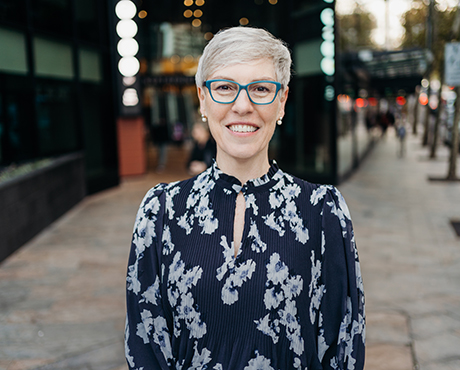
A message from Interim Provost Professor Meg Stuart: A unique new program for first year students is improving student retention at ACU.

Register for a webinar presented by the ACEN on the Graduate Outcomes Survey, focusing on a three-year evaluation of student participation in Work Integrated Learning.
Visit Service Central to access Corporate Services.